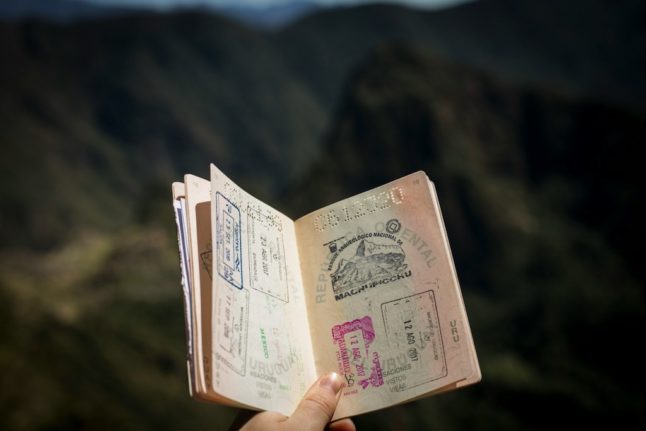There are three paths to acquiring Italian citizenship: through marriage, residency, or ancestry. There is a language test requirement for two out of the three.
If you’re applying for citizenship by ancestry, you’re in luck – at least for now. Under current rules, there are no language requirements for this route, although it’s possible that could change in future.
If instead you’re applying for citizenship by marriage or residency, your Italian needs to be at least B1 level on the Common European Framework of Reference for Languages (CEFRL).
B1 is a lower intermediate level, and this means you are proficient enough in the language to manage everyday interactions
According to CEFRL, this level of proficiency allows you to “communicate in most situations that arise while travelling” and to understand topics “regularly encountered in work, school, leisure, etc.”
So you don’t need to have a perfect grasp of the subjunctive or the past historic tense, or have an exhaustive vocabulary – but you should be able to make yourself understood in most everyday situations.

If you’ve lived in Italy for a while, it’s likely that you’re already at this level or close to it. After all, you really need a solid grasp of Italian to get by anywhere in the country outside of the main city centres and tourist hotspots.
And you may already have had to sit an A2 level language test in order to obtain certain types of permanent residency permit. B1 is the level above this.
If you’re not sure of your level, you can read more about what the different rankings mean and find some of the free quizzes available online here.
QUIZ: Test your Italian language level on the A1 to C2 scale
As for how you take the B1 test for citizenship, you’ll need to take an exam administered by one of the four institutes accredited by Italy’s education or foreign ministries.
These are The University of Siena for foreigners (CILS), The University of Perugia for foreigners (CELI), The Dante Alighieri Association (PLIDA), or the The University of Rome 3 (CERT).
Most language schools in Italy and abroad can help prepare you for the B1 test, and may also be able to arrange for you to sit it, though you’ll need to make sure the school itself is accredited by one of the four recognised Italian institutions.
You can also choose whether to take a regular B1 level Italian language certification or a B1 cittadinanza exam. The latter is shorter and costs less to take, but the downside is you can only use it to apply for citizenship and not for other purposes.
Find out more about taking the B1 exam for citizenship in a separate article.



 Please whitelist us to continue reading.
Please whitelist us to continue reading.
Member comments